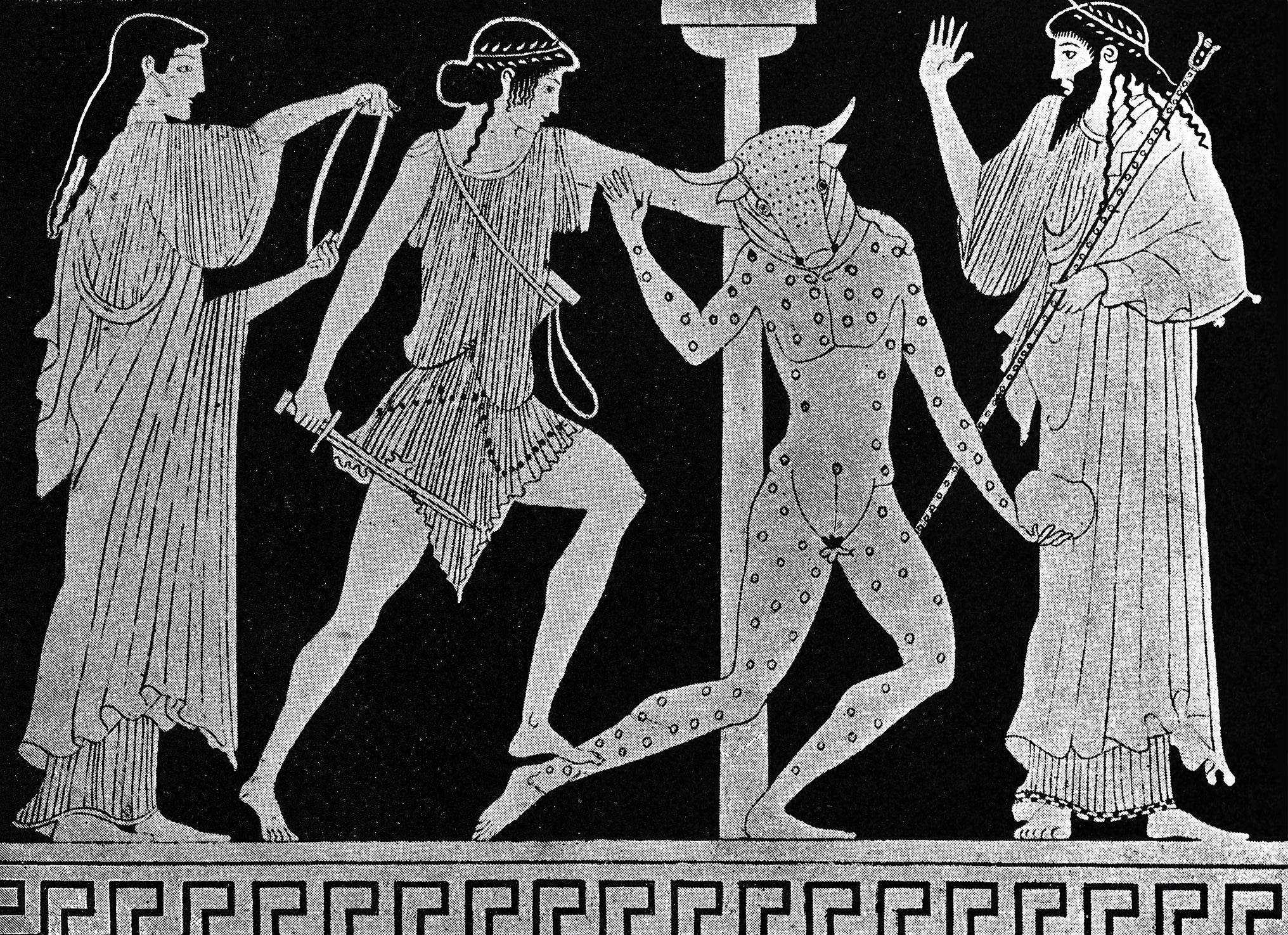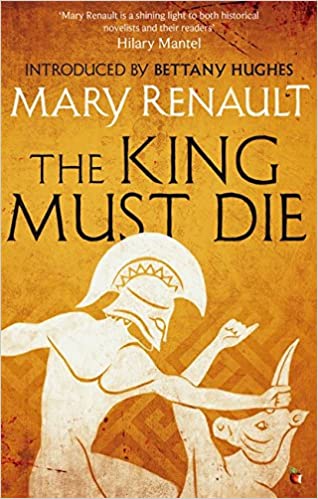Book of a lifetime: The King Must Die by Mary Renault
From The Independent archive: Matt Rees on ‘The King Must Die’ by Mary Renault

In early 1999, King Hussein fell sick on his return from cancer treatment in the US. I was Middle East correspondent for The Scotsman. Many colleagues with bigger expense budgets were already in Jordan on death watch. I poked through a second-hand bookshop on a narrow lane in Jerusalem, wondering if I ought to go too. I picked up a 1958 edition of The King Must Die by Mary Renault. The title seemed like a good joke to share with my fellow hacks. It decided me. I paid a few shekels for it and went off happily to pack for a trip across the Jordan Valley.
Renault took the myth of Theseus and the Minotaur and constructed a novel of the historical circumstances which may have lain behind it. In the novel, the young hero becomes a champion “bull dancer” in Crete, leaping over charging animals, and escapes to become king in Athens. Renault’s sensitive characterisation and historical sense of place hooked me.
In her day (she died in 1983) other writers often suggested Renault was really a male homosexual, assuming that a woman couldn’t write so vividly about men. I’ve striven for that depth of empathy in writing about a foreign culture in my novels. Renault’s approach to Greek history shaped my Palestinian crime novels.
Writing at a time when frank examinations of contemporary homosexuality – Renault was lesbian – were taboo, she made her readers look again at love between people of the same sex. She placed that love in the context of history and stories we all think we know – the Minotaur, the trial of Socrates, Alexander’s conquests – and then forced us to accept that the heroes of that period had a starkly different view of sexuality.
In other words, she redirected us from the myth to the reality. I’ve tried to do that with the Palestinians, who are stereotyped in the news as victims or as terrorists, and so I have focused instead on real people I’ve known, aiming to get at the depth of their emotions. As for Hussein, he succumbed to lymphoma.

That night, after deadline, reporters packed the bar of the Intercontinental, sucking on fat Havana cigars and downing Laphroaig, excited by a get-together with colleagues usually spread across the region. The next day, Hussein’s cortege passed through sombre crowds in the wind and rain. I happened to laugh at a remark by another journalist. An old Bedouin turned tearful, red eyes on me. I was ashamed of my laughter. For him, this wasn’t a news story or even history. It was the passing of someone who had been important in his life.
It’s his emotion that I remember about that day, rather than the newspaper prognostications for the political future of the Middle East, and emotion is the heart of a novel, even a political novel. Throughout the funeral, The King Must Die was in my pocket.

Join our commenting forum
Join thought-provoking conversations, follow other Independent readers and see their replies
Comments